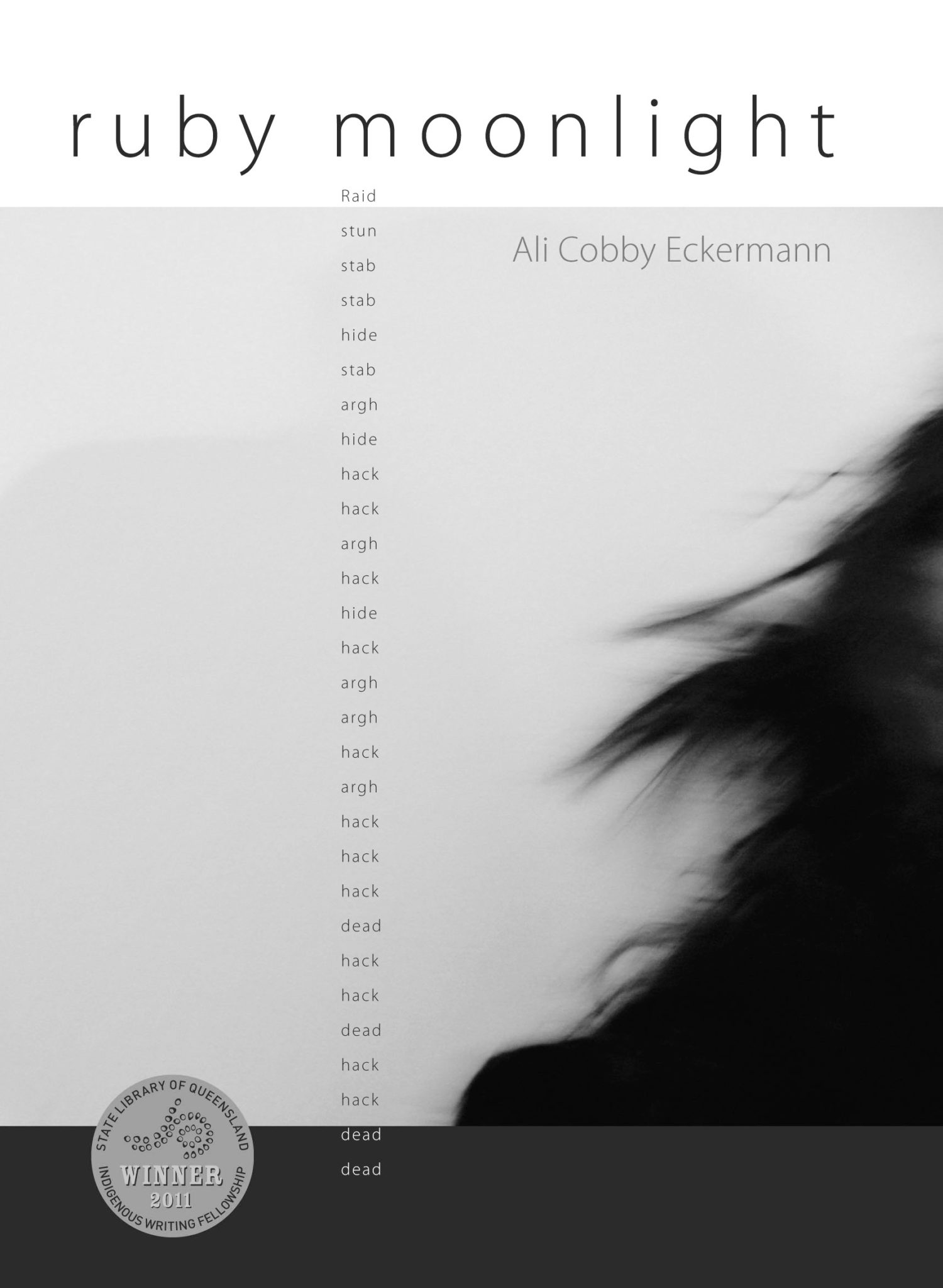
A love of literature and a deep belief in the “flesh and blood and heart” of human beings led Donald Windham to establish the Donald Windham-Sandy M. Campbell Literature Prizes at Yale University. This year, the prize has been awarded to eight writers in four genres. The Windham-Campbell Festival, held this year Sept. 13–15, will host the winners in a series of panels, workshops and lectures. As a lead up to the festival, WKND has curated a summer reading list for our readers. Most of these books are available online, at the Yale Bookstore or at Atticus. Exciting new content will be posted all summer on Twitter, Tumblr, Facebook and Instagram, so stay tuned!
Fiction
André Alexis (Canada/Trinidad and Tobago) — “Fifteen Dogs”
A bet between the gods Hermes and Apollo leads them to grant human consciousness and language to a group of dogs overnighting at a Toronto vet-erinary clinic. The newly intelligent pack is torn between those who resist the new ways of thinking, preferring the old ‘dog’ ways, and those who embrace the change. The gods watch from above as the dogs venture into their newly unfamiliar world.
Erna Brodber (Jamaica) — “Nothing’s Mat”
“Nothing’s Mat” is told by a black British teenager — “every black girl” — for she has no name until the last chapters when she is teasingly called “Princess” by her husband. Set in the 1950s, London-based Princess is allowed to complete her sixth form final exams by writing a long paper on the West Indian family instead of sitting an exam. Her father thinks it a good time for her to go to Jamaica and meet her grandparents, who can better help her with her study. This work is at once a fictional family history and a comment on anthropological methodology and African systems of thought.
Nonfiction
Maya Jasanoff GRD ’02 (United States) – “Liberty’s Exiles: American Loyalists in the Revolutionary World”
At the end of the American Revolution, 60,000 Americans loyal to the British cause fled the United States as refugees. “Liberty’s Exiles” tells their story. This surprising new account of the founding of the United States and the shaping of the postwar world traces extraordinary journeys like the one of Elizabeth Johnston, a young mother from Georgia, who led her growing family to Britain, Jamaica and Canada; black loyalists such as David George, who escaped from slavery in Virginia and went on to found Baptist congregations in Nova Scotia and Sierra Leone; and Mohawk Indian leader Joseph Brant, who tried to find autonomy for his people in Ontario.
Ashleigh Young (New Zealand) — “Can You Tolerate This?”
“Can You Tolerate This?” is a collection of 21 personal essays by Ashleigh Young. In this spirited and singular book, Young roams freely from preoccupation to preoccupation — Hamilton’s ’90s music scene, family histories, a boy with a rare skeletal disease, a stone-collecting French postman, a desire for impossible physical transformation — trying to find some measure of clarity amid uncertainty. Young’s writing asks: How do we appreciate each moment of experience? Her search takes us through poignant, funny and raw territories.
Poetry
Ali Cobby Eckermann (Yankunytjatjara Aboriginal Australian) — “Ruby Moonlight”
Through a series of compact lyrics, Ali Cobby Eckermann’s “Ruby Moonlight” tells the story of a young Aboriginal woman in the late 19th century who survives the massacre of her entire family. Wandering alone through Ngadjuri land in South Australia, she encounters a luckless Irish trapper whose loneliness matches her own. Drawn together for comfort, they discover a momentary paradise along riverbanks and across arid plains that proves fragile in the face of frontier violence and colonization.
Carolyn Forché (United States) — “The Angel of History”
Placed in the context of 20th-century moral disaster — war, genocide, the Holocaust, the atomic bomb — Forché’s third collection of poems is a meditation on memory, specifically how memory survives the unimaginable. The poems reflect the effects of such experience: The lines, and often the images within them, are fragmented discordant. But read together, these lines become a haunting mosaic of grief, evoking the necessary accommodations human beings make to survive what is unsurvivable. As poets have always done, Forché attempts to give voice to the unutterable, using language to keep memory alive, relive history and link the past with the future.
Drama
Ike Holter (United States) — “Exit Strategy”
In Exit Strategy, Holter turns his piercing eye to a dilapidated public school in Chicago targeted for closure and the power struggles that ensue among the faculty and students desperate to keep it open. This thrilling play earned raves from Chicago audiences and critics alike.
Marina Carr (Ireland) — “By the Bog of Cats”
Hester Swane is a force unto herself. An outsider in the community, she is haunted by her past and tormented by a lifetime of abandonment. When her world is torn in two, how far will she go to protect what she believes is rightfully hers? A thrilling reimagining of the Greek tragedy Medea, “By the Bog of Cats” is a powerful play from Marina Carr, one of Ireland’s leading playwrights.
Contact Kit Lea Cheang at kitlea.cheang@yale.edu.







